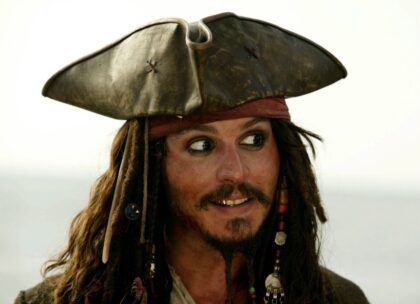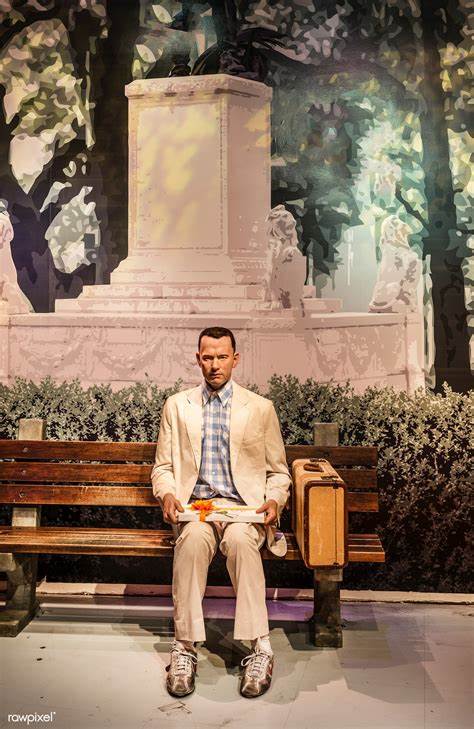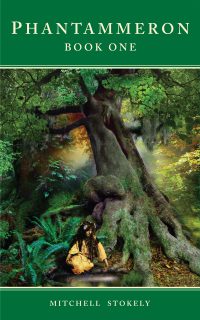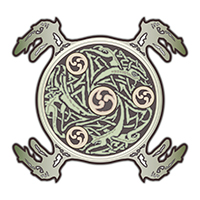The world today needs the Naïf more than ever.
For thousands of years Western Culture taught us about an aspect of ourselves that could transcend the “failed myths” that no longer served them in the culture. This was done through the Naïf – the naive yet seemingly delusional reality of a simple sort of hero that could see the world through child-like eyes and show us the other side of morality and Truth. Such is the nature of the Naif in literature.

I see in Disney’s quintessential pirate, Jack Sparrow, the exact same naïveté reborn. For in Jack Sparrow we sense not just the comic routine but the almost immortal nature of this adventurous character, overcoming death and fates that would entrap or slay any other more powerful, more mortal man. This is a character that seems beyond love and relationships, as he is beyond death and curses. And when we realize Jack’s beloved compass that for every other man or woman points to their heart’s desire (marriage, money, power, love, etc.) we find out for Jack it points nowhere and everywhere at once – once again showing the God-like nature of the Naïf.
We learn later his love is but for his beloved ship, the Black Pearl, confirming to us that this character was always about Adventure, that part of us that lives beyond life, loving freedom more than the bonds of human kind, fame, or fortune. For the latter are the things which bind us like chains in this world. For the artificial ideals of modern belonging we sense were never as real or permanent as the adventure-loving ideals of the Naïf that lives in our psyche.
For freedom-loving Jack Sparrow sails the high seas, not for treasure, women, or fame but for the secret dreams and ideals of the wandering human heart, that which is boundless as the seas he sails. It is encapsulated in this lonely pirate’s heart. The Naïf in Jack Sparrow is simply about our love of adventure and our secret desire to escape our continuous responsibilities in the Modern World!

I’ve always love Forest Gump – a classic naive character – for his heroic ability to escape war’s cruelties, avoid racism, endure business struggle and drug addicted girlfriends, and suffer the bullying of a Postmodern society that forever rejected the physically weak.
Yet, Forest overcomes it all in the end and supersedes all that came before, unchanged by the world in the end complete with his Goodness intact. For he is a classic Naïf.
The power of this character is no less than a Jack Sparrow, conflicted by both the tragedy of their stupidity yet the brilliance of their ability to see beyond the hateful world that tries to entrap them. That is the beauty of Gump, and why through his visions we see the world can be reborn in fresh eyes if we stop being the arrogant gangsters, we think we are and trust our child-like simpleness and kindness like him and allow our inherent wonder of the world, it’s people, and its beauty to return to our hearts.
In ancient literature, Don Quixote is no different. He is a man that embraces old failed ideals like chivalry, one who rises up to not just show us his views cannot succeed in his world, but ironically that they once did and have been lost. Yet in the dark reality of today’s modern society he cannot offer up any new magic because society’s goodness, it’s chivalry, has itself died…..its goodness has died. In Cervantes time such fiction was a comedy because it served to relieve a fallen society that was in the midst of rejecting a former failed colonial-building aristocracy. Yet in the Age of Enlightenment in France in the 18th century Don Quixote’s meaning was reversed, and the Naïf was seen as proof that the simple, innocent man had a purer vision of the world than the corrupt, much smarter, richer, and more powerful men that had come before (the aristocracy).
That’s the vision we now need in 2020…..the ‘better’ vision only the Naïf can give us now. For we are continually trapped between condemning the world on the Internet and failing at being good people ourselves. We fail at accepting our flawed Humanity which the Naïf never can fail at. Such yin-yang views of the Naïf prove the unending and essential power of the Humanity encased in his/her character…..the rebellious character in all of us to overcome or reject societies failed views, and yet to judge ourselves fairly for the first time……a judgment few of us can do in 2020.
That’s why I’ve always loved the Naif. For such a being in literature is a way to remind us of the Failed Myths of Modern Existence yet embrace the idea we as Humans are MORE than the failed society we are born or live in and the delusions they inflict upon us. For we are more than what our peers teach us. You are more.
The Naïf is yet another reason why I talk so passionately about Mythopoeia, because I ask you to see that when most people make art they are trapped in the myths of their desires and needs taught them by the culture; dreams of money, of perfect relationships, marriage, fame and being loved, of politics, and family roles they think are what define us.
For we are much more than those things, more God-like in our ability to stand apart from the world and people around us. Yet unlike the Naif, we are so frightened to be alone in the world when the that sad truth confronts us. For the Naïf has in the end had no friends or family ever to guide them. They had but a star on the horizon to guide them, and a dream of freedom. And so that in truth is what we all are the moment we are born…..but a ship cast adrift, a lonely pirate upon the seas alone. This is the essential myth of the Human soul, that new life inside we must create. For the truth is we are 100% separate from the culture and people we grew up with, if we could but embrace that fact in ourselves as the Naïf in books and film must always remind us to do. If we could we would find we are set free like the Naïf.
We live but by failed myths of money and power and family which do not exist in reality. For all we see and do is but an illusion. This in truth only the artist as Naïf can see. For the truly creative re-envision the world for millions through their heroic art using fresh eyes. Someone write the story of Jack Sparrow from his or her heart and a desire.
But to be that person we see in books and film and myth you must embrace your own dreams and reject those of others. As E. A. Poe has said, “All that we see or seem is but a dream within a dream…”. Knowing this can we not celebrate the beauty of the Naïf to guide us in life, knowing our life is but a box of chocolates waiting to be enjoyed first alone so we can share it with the world?
It seems every few decades such a character reappears, over and over. Often through blindness of writers, this naive and strange heroic figure in film re-emerges in times of cultural identity crisis to ask us to embrace that difference in ourselves that has been lost, and which must stand apart from the world for a time if we are to find joy in life. For that is the purpose of the Naïf, to help us see the failure of societies dreams, yet love the power in ourselves to embrace the new dream of the solitary Self and its quest to be made whole.
Such a time has come now in 2020 when stock markets crash and false dreams of evil men and dictators who have led us astray must die again. For many have chosen today to follow the dreams of powerful men filled with false promises of power over others, financial gains, racism, bigotry, and fear. For they teach us nothing but have convinced us to follow like sheep their visions. Such has been our fate for years in America.
Yet we are reminded by a Jack Sparrow or Forest Gump that the hero lies not in them but in us. For it is not the hero that wins or overcomes evil, it is a strange new hero that embraces the Self apart from society, the voice drowned out by the mediocrity of the world’s failure to supply us with vital Cultural Myths that should have connected us together in one creative and loving voice.
Sadly, these are corporate myths which no longer sustain any of the older, more vital myths. That is the culture we have in 2020, a fractured shattered American Culture that’s lost by its focus on money, marriage, power, family, consumerism, power, and social media fame online. Nothing is left to sustain the Self.
The Naïf breaks down those paradigms for you, and can show you what has been lost in terms of your spiritual needs apart from your need for ‘cultural belonging’. And so, I ask everyone who strives in their art for freshness to reject those ideals, if but for a short time, and think about the adventures of the Naïf and their naive but sweet embrace of the world, their eternal quest for freedom, and their ability to see the world with fresh eyes as only they and you may see it.
– the Author



